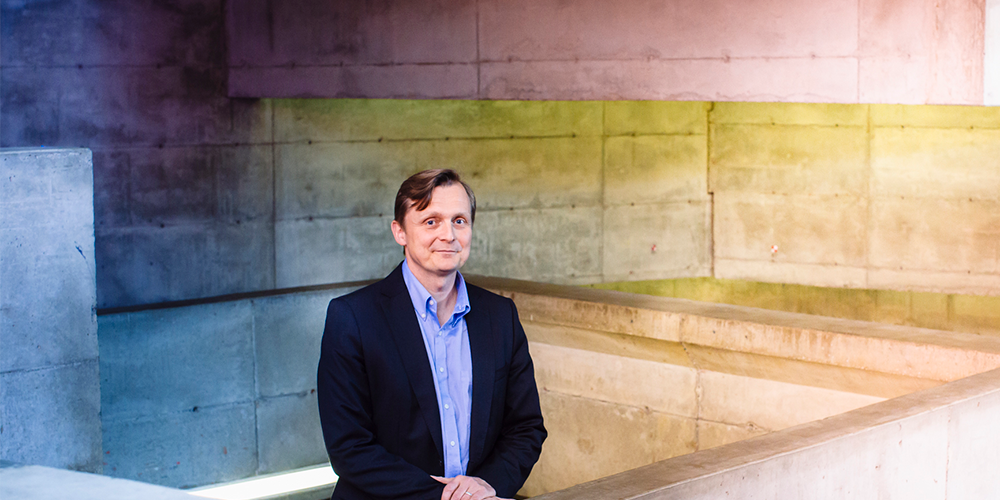

Research Expertise and Interest
cancer, protein degradation, siRNA, Berkeley Screening Center


cancer, protein degradation, siRNA, Berkeley Screening Center
Developmental biologist Michael Rape is one of three winners of the 2016 Blavatnik National Awards for Young Scientists announced today in New York.
Nicole King, Russell Vance and Michael Rape took different routes to UC Berkeley’s Department of Molecular and Cell Biology, but they’ve ended up with one of the mostly highly sought positions at any American university: a fully subsidized appointment, with added research funds, as a Howard Hughes Medical Institute (HHMI) investigator.
Michael Rape studies ubiqutins that form chains, “like pearls on a string,” he says. In 2008, his lab discovered a new member of this chain configuration and determined how an enzyme called Ube2S is able to assemble it inside cells. Without the Ube2S enzyme and the ubiquitin chain, he found, cells cannot divide. But with too much Ube2S – and too many ubiquitin chains – cell division runs out of control.
Dr. Michael Rape, Bakar Fellow and Associate Professor of Cell and Development and Biology at UC Berkeley, was awarded the Vilcek Prize for Creative Promise in Biomedical Science. He is a leading biochemical researcher helping to unravel the mysteries of the ubiquitin system, which tags damaged or bad proteins for destruction, and others for elimination to enable certain processes to occur, and therefore vital to the health of all life-forms.
In its first year, the initiative will give research innovations by six early-career UC Berkeley faculty members — including technologies to move prosthetic limbs with the power of thought and to control Argentine ants using their own pheromones — a significant boost from the lab to the market.